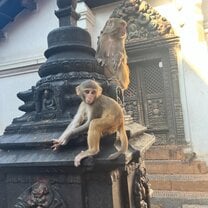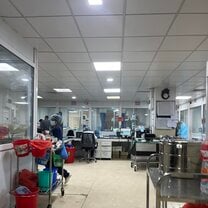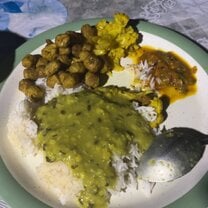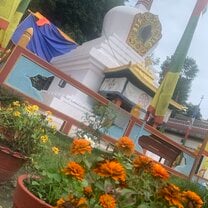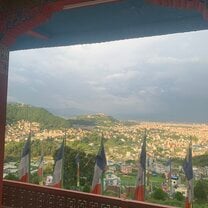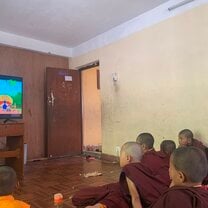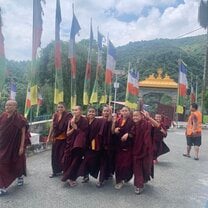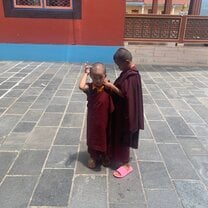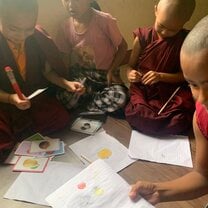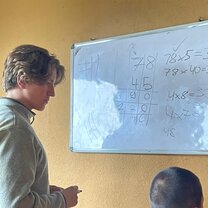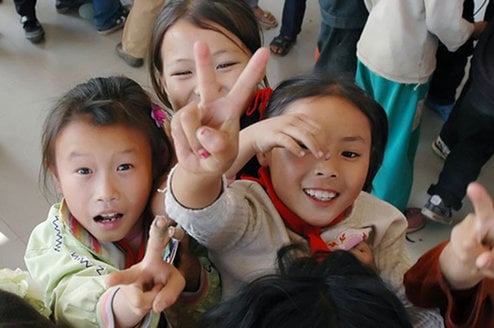RCDP Nepal provided an amazing experience with lower fees than most other organisations. I volunteered for two weeks at Sahid Memorial Hospital in Kathmandu. I was in the hospital every day excepted Saturday, but you can ask for Sunday off as well if you prefer.
The hospital is private / semi-private as I was told that volunteers are not normally allowed in government hospitals. I spent most of my time in the emergency department, where most acute cases present for assessment, examination and investigations. All the doctors and nurses speak English, and they are all extremely friendly. While they speak with patients in Nepali, all the notes and case files are written in English, and you can always ask them to explain things to you. As a medical student, I was not allowed to do much except dressings and supervised suturing, so I spent most of my time observing. The patient load is variable and it can be quiet at times, but you can always do your own things, converse with the doctors, or ask questions. Still, I learned a lot through the variety of patient cases (including road traffic accidents, fall injuries, hanging, acute abdomen, infections, etc) as well as conversations with doctors about healthcare in Nepal. Besides, I got to observe a few different surgical operations, and I am very grateful for the opportunity. RCDP Nepal also provides other postings for qualified doctors, such as in more rural locations, and I would love to come back in the future when I can contribute more clinically.
The volunteer hostel is a ten-minute walk from the hospital and 20- to 30-minute drive from the airport. RCDP kindly provided airport transfers both ways. The hostel had simple facilities but was very comfortable - I was expecting to have bunk beds in dorm rooms but ended up in a nice two-bed room with my friend. There are mosquitoes (at least in July) so bring insect repellent if you can. Clothes are handwashed with detergent provided (no washing machine) but this was fine. There is a supermarket within walking distance which was very convenient. The mother of the host family cooked for us, the meals were tasty and you could always ask for more. They treated us like family and gave us freedom and privacy as we liked. I found it comfortable and welcoming.
A side note about Kathmandu in general is the noise and air pollution which makes it difficult to walk around outside (I'd recommend wearing a mask). The traffic is kind of chaotic but we managed by being careful and following the locals when crossing the road.
During the last weekend, we took a tourist bus to visit Pokhara. We saw the Himalayas with the sunrise at Sarangkot and tried paragliding for the first time. We also visited Thamel, a shopping district in Kathmandu, before that. While we didn't have time to explore more of Kathmandu, there are actually many places including temples to visit especially if you like culture and UNESCO World Heritage sites.
We initially wanted to do a trek near the Himalayas like Annapurna Base Camp or Poon Hill, but it was the monsoon season and we were told it was not the best season for trekking due to rain and landslides. If you'd like to trek, September to November would be ideal. The locals at RCDP and the hospital were very helpful and forthcoming in providing us with all this information and wanted us to experience Nepal as much as possible. They gave me a Nepal language and culture book on the first day with an introduction to the country and simple phrases.
Our country coordinator was super helpful both before and during the programme. All information was sent to us in advance and any queries were answered promptly. She was flexible with my requests (such as paying programme fees in a different currency) and checked on us regularly during our time there.
Overall, this has been an extremely educational and enriching experience! I made friends with the doctors and nurses and felt sad to leave. I would recommend this experience to anyone (especially pre-med or medical students) who wish to learn more about healthcare and medicine in developing countries.

